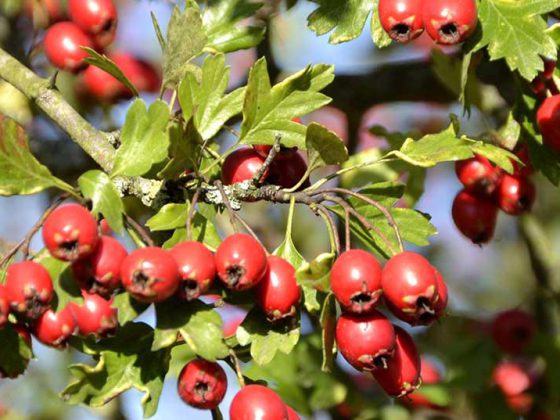Currently, a gluten-free diet is the most effective therapy for celiac disease. Progress has been made in researching an antibody therapy, but no definitive breakthrough has yet been achieved. If it is another form of gluten intolerance, certain amounts of gluten-containing foods are often tolerated.
Celiac disease is a chronic inflammatory disease of the small intestine that develops as a result of a misdirected immune response to the gluten protein and has characteristics of both an allergy and an autoimmune disease. Consumption of gluten-containing cereals (e.g. wheat, spelt, oats, barley or rye) leads to destruction of the intestinal villi in affected individuals, followed by maldigestion and systemic complications.
Is it really celiac disease?
There are different forms of gluten intolerance (Overview 1). The spectrum of possible symptoms of celiac disease ranges from abdominal pain and chronic diarrhea to weight loss, fatigue, and depression. Growth disorders may also occur in children. Risk factors are celiac disease in close relatives and other autoimmune diseases (e.g. type 1 diabetes or autoimmune thyroiditis). Diagnosis is made by detection of celiac disease-specific IgA antibodies against endomysium or the relevant antigen tissue transglutaminase contained therein and by small intestinal biopsy [1]. Rapid blood tests and fecal antibody tests are not recommended due to insufficient sensitivity and specificity.

IgE-mediated wheat allergy, triggered by different protein components (e.g. gluten, wheat albumin or globulin), must be distinguished from celiac disease. Wheat-dependent exertion-induced anaphylaxis (WDEIA) is a relatively new special form. Complaints following the consumption of wheat in combination with trigger factors such as sports, alcohol or medications can range up to a life-threatening anaphylactic shock.
Much more common than these medically clearly defined clinical pictures is the so-called non-celiac gluten sensitivity (NCGS) [1,6]. It is estimated that up to one tenth of the Central European population suffers from it [1]. Which wheat ingredient is the trigger for the gastrointestinal and, in some cases, systemic symptoms is still unclear. In addition to gluten, possible triggers include fructans, amylase trypsin inhibitors (ATI), and so-called FODMAP (fermentable oligo-, di-, and monosaccharides as well as polyols) (box) [2]. There is also evidence that the gut microbiome of affected individuals has characteristic peculiarities. However, the empirical evidence in this regard is still scarce.
Antibody therapy in sight?
Currently, a lifelong gluten-free diet is required for confirmed celiac disease, and relief can be achieved by avoiding wheat and other high gluten-containing foods for suspected gluten sensitivity. Alternative grains include millet, corn, rice, amaranth and quinoa. However, there are promising research results in the area of pharmacotherapeutic options. A team led by Prof. Stephen Miller of the Department of Microbiology and Immunology at Northwestern University Feinberg School of Medicine in Chicago (Northwestern) developed biodegradable nanoparticles to teach the immune system to tolerate gluten [3]. This is done by coating gliadin so that the body’s own defense system does not perceive the gluten protein as an invader, but rather as cellular waste and disposes of it with the help of macrophages. Because the gluten antigen was presented to the immune system by the phagocytes as a harmless substance, immune reactions occur later to a lesser extent if the gluten enters the body without a protective coating. Tests have shown that the immune response in the intestine is significantly reduced. The results of the phase II studies were presented at last year’s European Gastroenterology Week in Barcelona [5].
Literature:
- Wildenrath C: Allergy and intolerance. When food makes you sick. Pharmaceutical Newspaper, Sept. 08, 2019, www.pharmazeutische-zeitung.de
- Dieterich W, et al: Clin Nutr 2019; 38: 697-707.
- Feinberg School of Medicine, https://news.northwestern.edu
- Lang M: Celiac disease: what is it and what are the solutions? www.zentrum-der-gesundheit.de/zoeliakie.html
- UEG Gastroenterology Week, www.ueg.eu
- Reese I: Allergo J Int 2018; 27: 147-51.
- Paschke A: Food allergies. Ernährungs-Umschau 2010(1): 36-41.
HAUSARZT PRAXIS 2020; 15(4): 26












